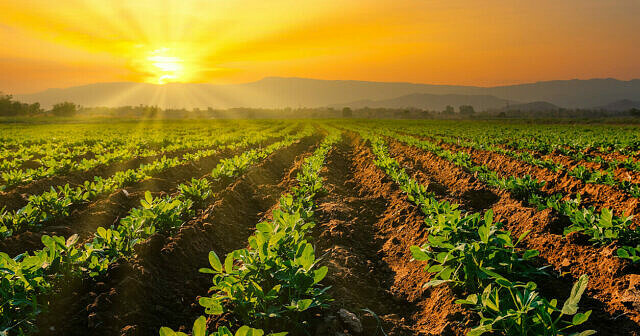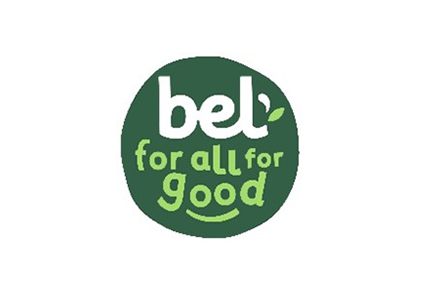Harvesting the Future: understanding labour conditions for migrant workers
29th June 2020

There is a large population of migrant labourers in Turkey that move across supply chains throughout a field season. Because of this system of transient work, there has been a lack of alignment on fair and safe work across different supply chains, having direct impact on the lives of migrant labourers. The Harvesting the Future project was established to better understand working conditions for migrant labourers in Turkey, help suppliers understand the greatest risks to workers within their supply chains, and train suppliers, farmers, labour contractors, and workers on fair labour and responsible recruitment.
Building a partnership
Starting in 2019, SAI Platform began working with the Fair Labor Association (FLA), an international organisation already working within Turkey with the same vision of better understanding risks to migrant agricultural workers. Earlier FLA work discovered that the same workforce was largely moving between hazelnuts and at least one other crop, particularly cotton, apricot, sugar beet, tomato, citrus, berry and apple, and is shared by several large multi-national food and beverage companies.
During the first year of this project, FLA mapped supply chains of participating companies and provided training to these organisations on the principles of fair recruitment, decent work, and addressing child labour in upstream supply chains. Identification and profiling labour contractors also took place to understand how the labour force is recruited and their current challenges regarding health and safety.
Update: COVID-19, ongoing training, health and safety
Work on mapping labour contractors and providing training is ongoing, with the current focus on safety during the COVID-19 crisis. To date, over 200 labour intermediaries have been mapped and out of this number around 60 of them registered with local authorities and intermediaries have identified challenges in providing safe and affordable transportation, clean water, and maintaining sanitary conditions in camp sites. FLA has connected participating organisations to share valuable lessons from their own supply chains and provide examples of how they are supporting labourers at this time, for example, through the distribution of hygiene kits for workers that include masks, soap, and other personal necessities.
Over the next year, we are working with FLA to continue to train farmers, labour intermediaries, and workers on health and safety, and provide recommendations on future areas of work to ensure fair labour practices in this region.
The final report from this project will be available mid-2021; however, at this time, on-the-ground activities have been suspended due to COVID-19. Although delays in the final deliverables are not anticipated, conditions around coronavirus change rapidly and work activities will continue to follow best practices and guidelines set out by governments and international organisations.


